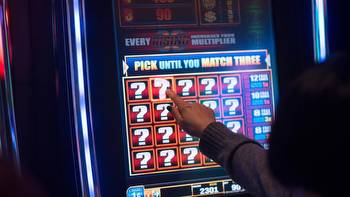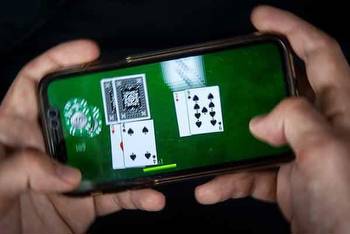Large percentage of Asian New Zealanders taking part in online gambling, gaming
Over 80 percent of Asian Kiwis surveyed as part of a new report have taken part in online gambling or gaming in the past year.
Less than half knew where to get help if it became a problem.
While online gaming might seem very different to online gambling, special gaming features mean the two things can often merge into one.
They might be wrapped up like a gift but the other-worldly items are often a real-life-currency curse.
A new study has found Asian New Zealanders are buying in.
"They might start playing with no real money, but again that is a pathway and gateway to leading that to gambling," Asian Family Services national director Kelly Feng told Newshub.
A survey looking only at Asian people - 405 of them - was prepared for Asian Family Services. It found 84.6 percent had engaged in online gambling and gaming in the last 12 months.
The top activities were purchasing lotto or scratchies online (73.8 percent), playing online video games (50.8 percent) and betting on sports events through the New Zealand TAB (41.1 percent).
While online gaming might seem like the odd one out, more than 73 percent of Asians surveyed who had played in the last 12 months had used their own real money to buy 'loot boxes' accessories to help them advance in a game.
"People gamble because they're lonely and isolated and new migrants haven't got that connection with a network integrated. But also a lot of people drive to gamble because they also want to find a way of earning more money," Feng told Newshub.
Of the online casino players identified through the report, 90.9 percent said they were SkyCity customers while 70.5 percent played at both SkyCity and offshore sites.
Regulation of the online industry is something SkyCity wants too.
SkyCity said it's time we caught up with other countries and introduced a licensing regime for online gambling. It said the market is worth around $350 million per year but it estimates SkyCity's share of that is between just 5 and 10 percent.
Asian Family Services wants better education on where to seek help - because more than half of those surveyed didn't know where to turn if their online problems started spilling into real life.




































